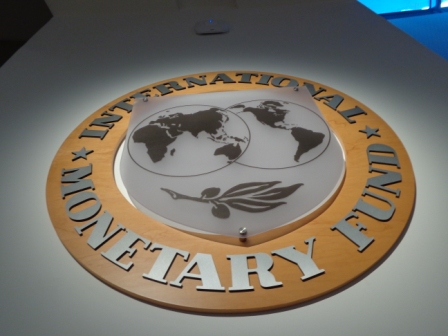Energy subsidies have become a significant burden on government finances in Libya, a study published this month by the International Monetary Fund (IMF) entitled “Energy Subsidy Reform in Libya” reports.
The study said the pervasive nature of subsidies has led to rampant corruption, smuggling, and a diversion of resources from essential public services.
The paper identifies key barriers to reform, including opposition from vested interest groups and public apprehension regarding inflation and welfare loss.
To address these challenges, a strategic reform plan is proposed, emphasizing a phased approach, a comprehensive communication plan and social protection measures to mitigate the adverse effects of subsidy removal. By taking these steps, Libya can transition towards a more sustainable framework that supports macroeconomic stability.
The report says energy subsidies in Libya are extremely generous and poorly targeted. This comes at the cost of availability and quality of public goods.
The report says direct energy subsidies accounted for one third of revenues and 20 percent of GDP in 2024. Subsidies have caused a jump in subsidised fuel imports. This jump in imports coincided with the adoption of the crude oil swap agreement.
The report notes that electricity subsidies have also grown substantially. The extremely low retail prices of Libya’s subsidised fuel has encouraged cross border fuel smuggling. And despite the very low price of subsidised fuel, the collection rate of fuel revenues is still very low – indicating that the collection system is flawed.
The report also noted that there is opposition from interest groups which is hindering any reform agenda. The absence of a unified government across Libya is also complicating any reform efforts.
With regards to cash-replacements for fuel subsidies, the lack of trust in the political system raises concerns that the government may not provide adequate compensation if and when these subsidies are eliminated.
The report accepted that the inflationary impact from the proposed energy price adjustments may cause social discontent.
The study says the intricate political landscape of Libya requires a cautious and strategic approach with reforms needing consensus and being implemented in successive phases. It says establishing actual fuel needs is a first prerequisite. The fuel distribution and revenue collection systems should be restructured before any reform is undertaken, the study warns.
The study also says that a comprehensive communication strategy with the public is essential. It also advises that the proposed increase in fuel prices must be sufficient to eliminate smuggling.
It also advises that an automatic pricing mechanism should be introduced after the total elimination of subsidies. This is to avoid any further build up in price gaps in the future.
The study says a well-structured mitigation plan for subsidy reform is vital to minimise potential negative impacts on the population and ensure a smooth transition.
With a well-studied and implemented subsidy reform plan, the study says Libya has a unique chance to fully compensate the population for welfare losses and still achieve budgetary savings.
In conclusion, the study says energy subsidy reform has become crucial for Libya as it leads to overconsumption and premature resource depletion.










